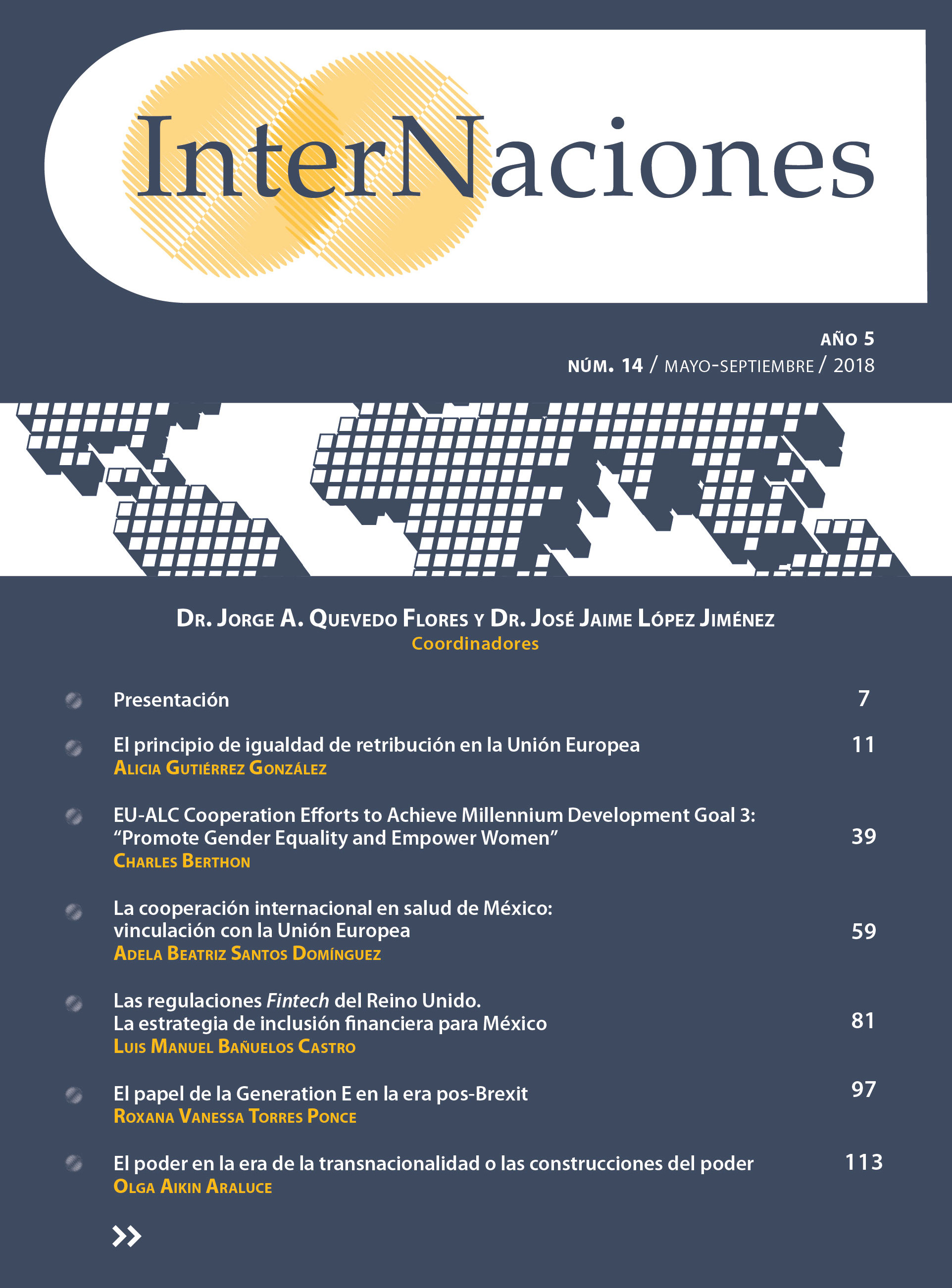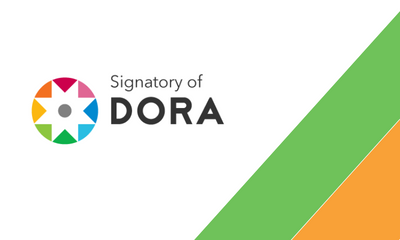Sector Privado y Política de Desarrollo: Ventajas y Problemas
DOI:
https://doi.org/10.32870/in.v0i14.7083Palabras clave:
política internacional de desarrollo, sector privado, ventajas, problemasResumen
En los últimos años el sector privado se ha incorporado a la política de desarrollo internacional, un campo de políticas tradicionalmente dominado porlos Estados. Debido a la reducción de los presupuestos y a la insuficiencia de los resultados, el objetivo es llenar el vacío con las contribuciones priva-das. Sin embargo, el sector privado es muy heterogéneo: los incentivos, los objetivos, los volúmenes financieros y los métodos pueden diferir conside-rablemente. Por lo tanto, los resultados y la efectividad de la contribución del sector privado también podrían ser diferentes. Además, la incorporación del sector privado es un tema controvertido, ya que está asociado con varios desafíos. Por un lado, el sector privado puede actuar con más flexibilidad y menos burocracia, y también puede fomentar la innovación y el know-how. Por otro lado, se plantean problemas relacionados con un sistema de regu-lación insuficiente, de interés comercial y control democrático. Es necesario realizar más investigaciones.Descargas
Descargas
Publicado
Cómo citar
Número
Sección
Licencia
Derechos de autor 2018 Universidad de Guadalajara

Esta obra está bajo una licencia internacional Creative Commons Atribución-NoComercial-CompartirIgual 4.0.
CC BY-NC-SA 4.0 https://creativecommons.org/licenses/by-nc-sa/4.0/



























